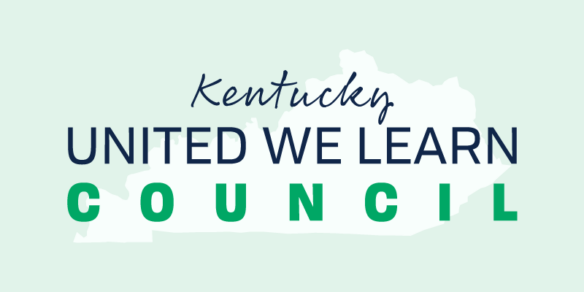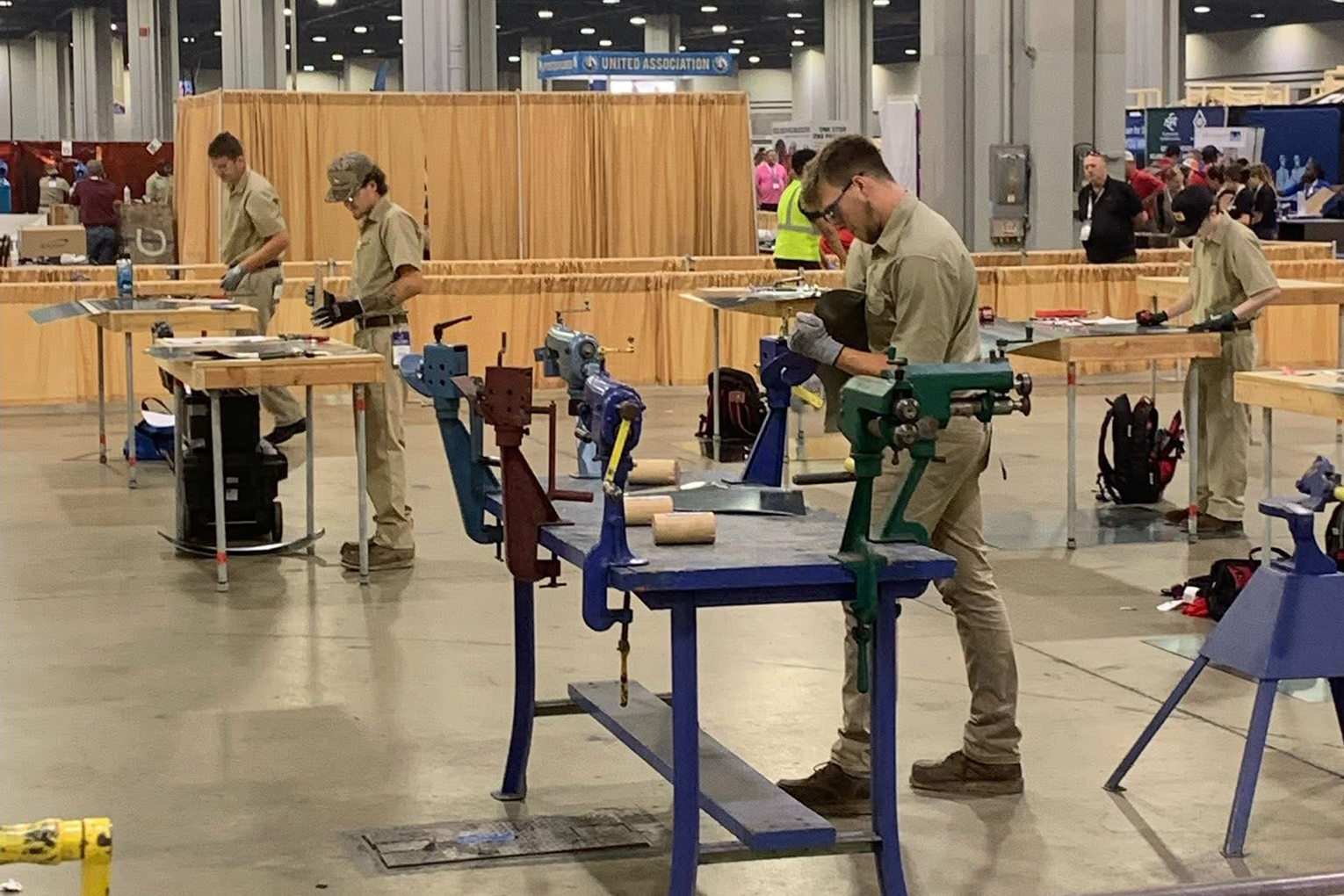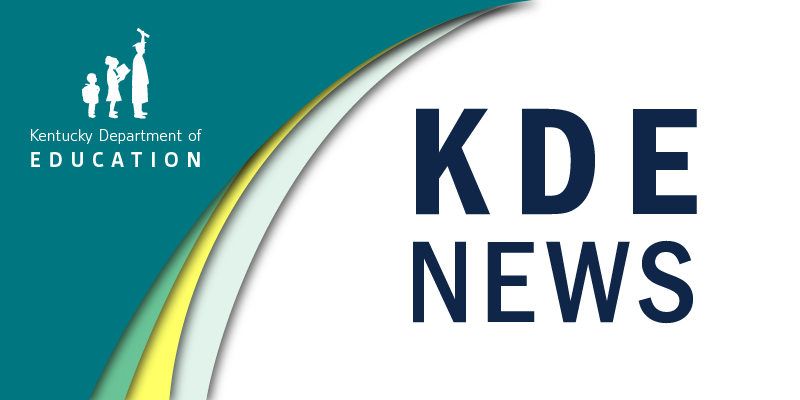 (FRANKFORT, KY) – Representatives with the Kentucky Department of Education (KDE) presented the next framework to revamp the Commonwealth’s assessment and accountability systems following a series of town halls during the Kentucky United We Learn Council meeting on March 20.
(FRANKFORT, KY) – Representatives with the Kentucky Department of Education (KDE) presented the next framework to revamp the Commonwealth’s assessment and accountability systems following a series of town halls during the Kentucky United We Learn Council meeting on March 20.
KDE and the Kentucky United We Learn Council started working on the assessment and accountability framework after KDE conducted a survey during the COVID-19 pandemic and a listening tour in 2021, asking people what worked for their students, what could be improved and what kind of education system they wanted to see.
The Kentucky Coalition for Advancing Education took that information and helped create the United We Learn Report, which became KDE’s vision. The vision focuses on three big ideas: creating a more vibrant experience for every student, encouraging innovation in our schools – especially when it comes to assessment – and creating a bold new future for Kentucky’s schools through collaboration with our communities.
The Kentucky United We Learn Council was formed to reflect on the report, to determine a course of action and to come up with the moonshot for education in Kentucky, “To build a prosperous Kentucky, we will launch an accountability system that is meaningful and useful to all our learners.”
The council, which is comprised of a wide-ranging group of people – families, students, educators, legislators, business leaders and community members – has been designing an assessment and accountability model framework. As part of the process, KDE hosted nine regional town halls earlier this year and more than 600 people attended to give their feedback on the proposed framework.
“They went really, really well,” said KDE Chief Performance Officer Karen Dodd, “and I think that we had more people attend than we even hoped would attend.”
Discussions focused on enhancing local flexibility, fostering collaboration among districts and building trust in the education system. Commissioner of Education Robbie Fletcher highlighted the presentations from local districts that were shared during the town halls.
“What’s being done in the local accountability spaces is tremendous,” Fletcher said.
With feedback from the town halls and from a series of discussions with Kentucky’s educational cooperatives, Framework 3.0 was developed.
The latest framework includes two distinct systems: one for local accountability indicators and one for federal accountability indicators. The federal indicators – reading and math, individual student growth, transition readiness and graduation rate, English language progress and the climate and safety survey – meet the minimum reporting requirements. Local accountability includes flexible options for districts to determine their own indicators, while other indicators that would be required at the state level – writing, social studies and vibrant learning experiences – would have options for flexibility within them.
Jennifer Stafford, division director for KDE’s Office of Assessment and Accountability, explained some of the key changes and additions to the new framework:
- Districts would have the option to administer state-developed or independently purchased reading and mathematics interim assessments.
- Optional K-2 assessments in reading and mathematics have been added, allowing districts to administer state-developed tests or purchase their own.
The new framework also allows districts to choose between state-developed tests or tests they create for off-year science testing in grades 3, 4, 6, 7 and 9.
Students must be tested in science using a common statewide measure under federal requirements, but districts may choose to include it in local accountability and add additional competency-based measures or authentic demonstrations of learning.
The technical document also was edited to include a reference to assessment exceptions for English learners, which legislators have expressed a desire to include.
Council members discussed several parts of the new framework during their meeting, including thoughts on how school districts compare to each other under the proposal, how science is prioritized in the proposed framework and the possibility of developing a rubric to ensure consistent quality across local accountability systems.
Fletcher said he appreciated the discussion with the Kentucky United We Learn Council as they look for a solution that prioritizes changing the student experience in a beneficial way and puts vibrant learning experiences at the forefront.
“If school looks the same three years from now, we’ve done something wrong,” Fletcher said.
KDE will present Framework 3.0 at the Kentucky Board of Education’s meeting on March 26-27. Dodd said the next step is to move into the advocacy phase. The next Kentucky United We Learn Council in-person convening is on June 20. The goal is to have a framework to present to legislators in 2026.
More information about the current framework and the Kentucky United We Learn Council’s timeline can be found on KDE’s Reimagining Assessment and Accountability webpage.




Leave A Comment